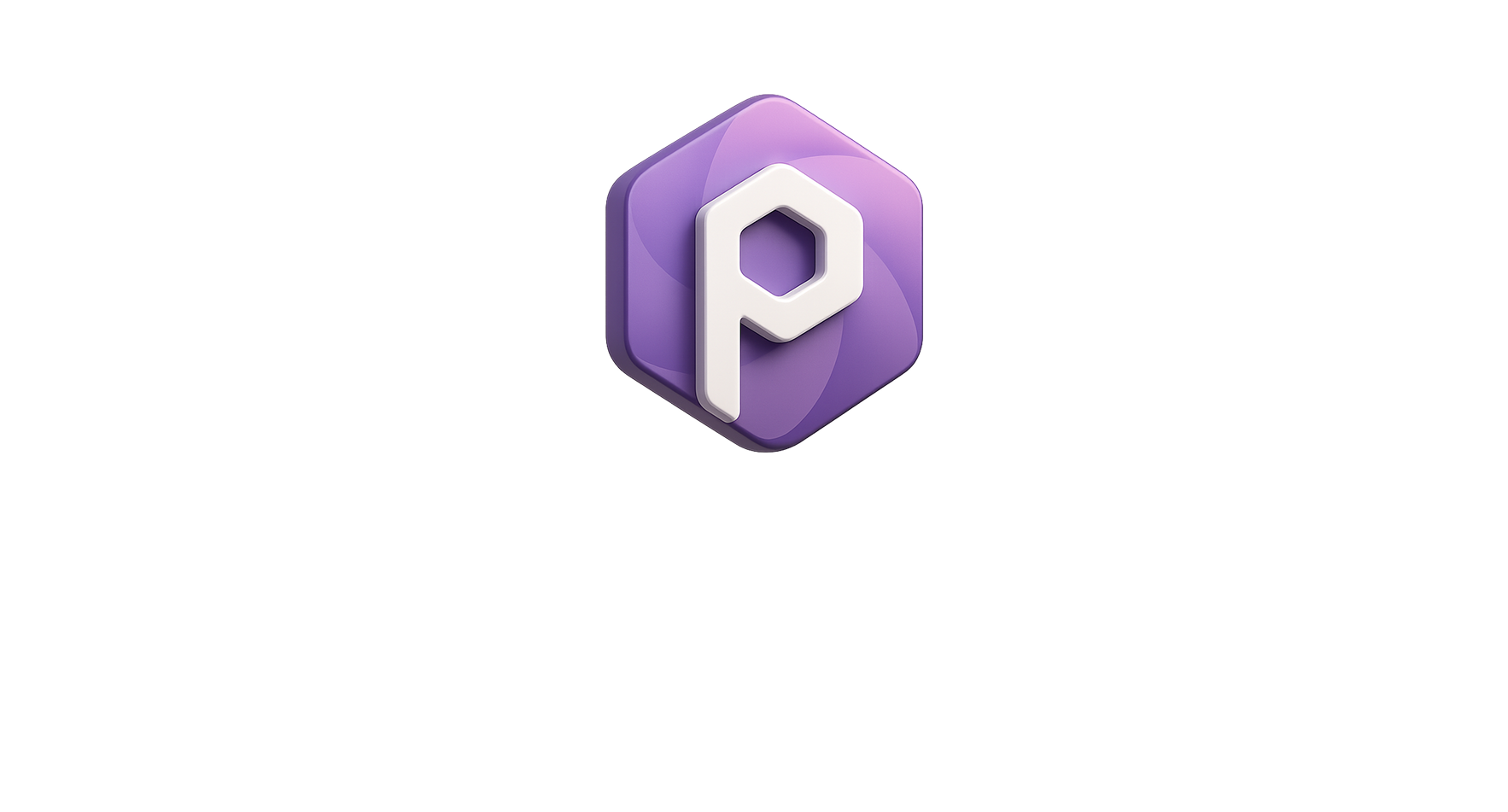AI-Powered Tools That Are Changing Business Operations
Introduction
In today’s fast-paced business environment, companies are leveraging cutting-edge technologies to stay ahead of the competition. Among these technologies, Artificial Intelligence (AI) has proven to be a game-changer. AI-powered tools are now helping businesses streamline their operations, improve decision-making, and enhance customer experiences. From automating repetitive tasks to providing data-driven insights, AI is revolutionizing how businesses function across all industries.
In this article, we’ll explore some of the most impactful AI-powered tools that are reshaping business operations and driving innovation.
1. AI in Procurement: Revolutionizing Sourcing and Supplier Management 🛠️
Procurement is a critical function in any organization, and AI is transforming it by making sourcing and supplier management more efficient and strategic. AI-powered procurement tools automate repetitive tasks like vendor selection, bid evaluation, and contract management. They also provide real-time insights into supplier performance, allowing businesses to make data-driven decisions that improve cost efficiency and minimize risk.
Tip: AI-driven platforms like Procurpal are helping businesses optimize their procurement processes by streamlining supplier management and enhancing transparency, resulting in better decision-making.
2. Chatbots and Virtual Assistants: Enhancing Customer Service 🤖
AI-powered chatbots and virtual assistants are increasingly being used to automate customer service functions. These tools can handle a wide range of tasks, from answering customer queries to processing orders and resolving complaints. With natural language processing (NLP) capabilities, chatbots can interact with customers in a human-like manner, offering personalized experiences while reducing the need for human intervention.
Tip: Integrating AI-driven chatbots into your customer service strategy can help scale your operations and provide a seamless experience to customers across multiple channels.
3. AI in Data Analytics: Unlocking Business Insights 📊
Data is the backbone of modern business, but without the right tools to analyze it, businesses can miss out on valuable insights. AI-powered analytics tools are helping businesses make sense of large datasets, identify trends, and make informed decisions. These tools can perform predictive analytics, detect anomalies, and provide actionable insights, allowing businesses to anticipate market changes, customer needs, and operational bottlenecks.
Tip: Platforms like Procurpal utilize AI to analyze procurement data and deliver insights that can drive better purchasing decisions, cost savings, and supply chain efficiency.
4. AI in HR: Automating Recruitment and Employee Engagement 👥
Human Resources (HR) departments are embracing AI to automate the recruitment process, manage employee engagement, and improve retention rates. AI-powered tools can screen resumes, conduct initial interviews, and match candidates to job descriptions based on their skills and experience. Additionally, AI is used to monitor employee engagement through sentiment analysis and provide personalized career development opportunities.
Tip: Companies can integrate AI into their HR processes to streamline recruitment and enhance employee experience, ultimately leading to a more efficient workforce.
5. AI in Marketing: Personalizing Customer Interactions 🎯
Marketing is another area where AI is making a significant impact. AI-powered marketing tools are enabling businesses to create personalized customer experiences by analyzing consumer behavior and preferences. These tools help in targeting the right audience with the right message at the right time, improving conversion rates and customer retention.
Tip: AI-driven marketing platforms like Procurpal help businesses segment customers, automate campaigns, and deliver highly targeted content, ultimately boosting customer engagement and sales.
6. AI for Process Automation: Streamlining Operations 🔄
Business process automation (BPA) is becoming more efficient with the help of AI. AI-powered automation tools can handle routine tasks such as invoicing, inventory management, and data entry. By eliminating manual tasks, businesses can reduce errors, improve efficiency, and free up employees to focus on more strategic initiatives.
Tip: Consider implementing AI-powered BPA tools to automate key processes, increase productivity, and minimize operational bottlenecks.
7. AI in Supply Chain Management: Optimizing Logistics 🚚
Supply chain management is a crucial aspect of any business, and AI is helping companies optimize logistics, manage inventories, and predict demand. AI tools can forecast supply chain disruptions, identify potential bottlenecks, and recommend corrective actions. This enables businesses to proactively manage risks and improve supply chain resilience.
Tip: Leverage AI-powered supply chain management tools to enhance operational efficiency, reduce costs, and improve delivery times.
8. AI for Cybersecurity: Protecting Business Data 🔐
Cybersecurity is an ongoing challenge for businesses, and AI is providing new ways to protect sensitive data. AI-powered cybersecurity tools can detect and respond to threats in real-time, identify vulnerabilities, and prevent data breaches. By using machine learning algorithms, these tools can continuously improve their ability to predict and prevent cyberattacks.
Tip: Invest in AI-powered cybersecurity platforms to safeguard your business data and ensure compliance with privacy regulations.
Final Thoughts
AI-powered tools are transforming the way businesses operate by improving efficiency, reducing costs, and enabling smarter decision-making. From procurement to marketing, customer service, and supply chain management, AI is revolutionizing every aspect of business operations. As AI technology continues to evolve, businesses that adopt these tools will be better positioned to compete in an increasingly digital world.




Leave a Reply